Those whose bottles are washed ashore by the tide are also responsible. The obligation to destroy and recycle as much plastic as is produced may fall entirely on Indonesian entrepreneurs.
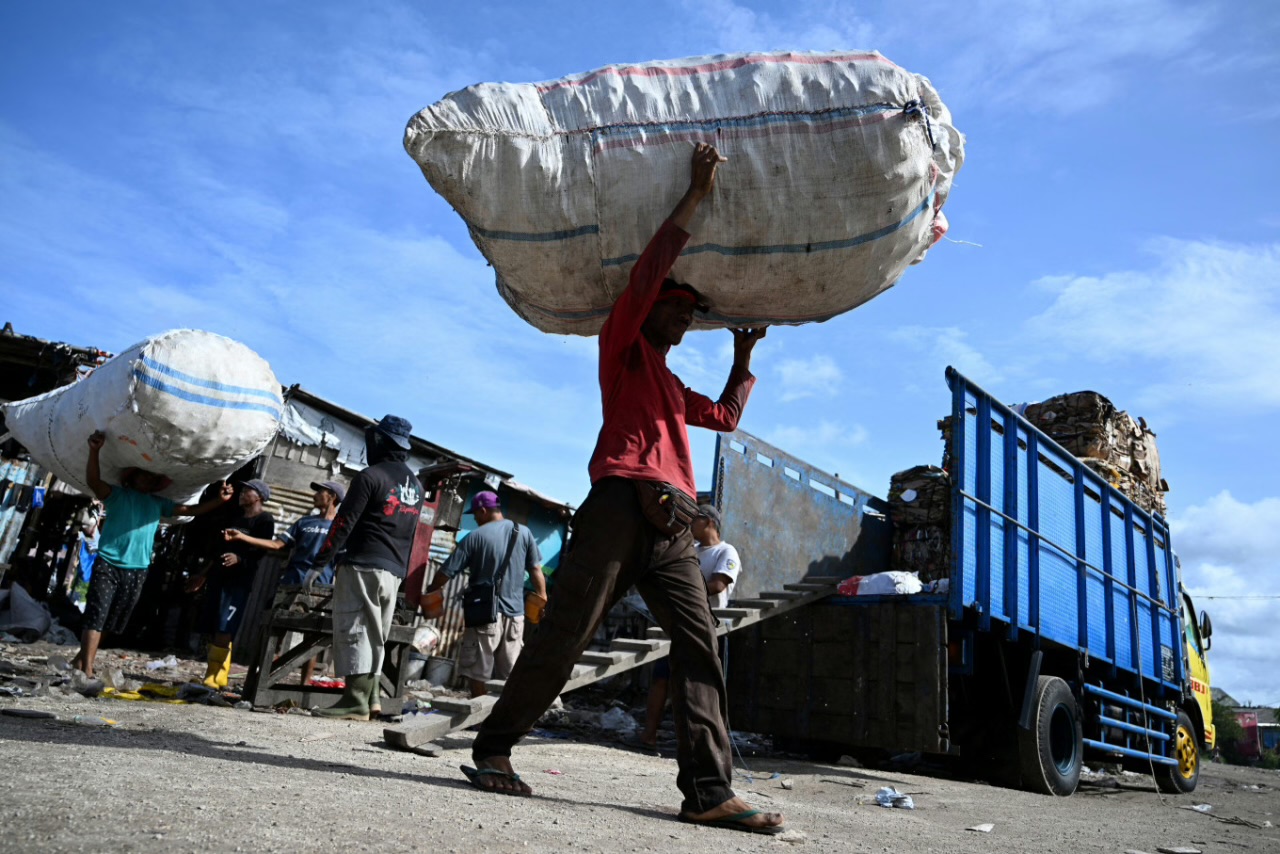
Previously, only the most conscientious manufacturers were involved in this, but now it is planned to become a mandatory measure for everyone who wants to continue operating in Indonesia.
The Indonesian Ministry of Environment (KLH) is set to seriously revise regulations concerning plastic waste. The so-called Extended Producer Responsibility (EPR) is in focus, where businesses are accountable not only for the product itself but also for the packaging once it becomes waste.
According to Agus Rusli, Director of Waste Reduction and Circular Economy Development at KLH, since 2019, Indonesia has had Ministerial Regulation No. 75, which encourages companies to create roadmaps for reducing plastic waste. However, this regulation is mainly advisory at the moment, so businesses are not in a hurry to comply with its terms.
Agus states that, to date, fewer than 50 manufacturers in the country have officially submitted their plans to the ministry to reduce plastic volumes. Considering how many major brands operate in Indonesia, this is almost nothing. So, the system, which is supposed to operate on the 'polluter pays' principle, is still stalling.
The KLH believes that the issue is not with the law, but with the lack of motivation among businesses. Agus believes that producers have not yet fully realized their responsibility for the harm their packaging does to nature.
As Environment Minister Hanif Faisol Nurofik pointed out, the existing legislation creates obvious injustice: those who strive to do everything by the rules are at a disadvantage compared to those who ignore the requirements. Therefore, he believes the approach needs to change and ecological responsibility should be made compulsory for all plastic manufacturers.
For example, if a company produces five tons of goods in plastic packaging, it must either recycle those five tons, organize their collection, or at least officially confirm how it offsets the environmental damage.
The Ministry of Environment is preparing to elevate the status of Regulation No. 75. It could become a presidential decree or a government decree. This would give it much greater legal force and allow violators to be held accountable.
In practice, this will lead to stricter control over the materials businesses use for packaging, how they organize waste recycling, and how they report on this to the government. In the future, fines for not participating in the system might even be introduced.
The ministry also plans to summon representatives of major brands to special meetings to remind them of their obligations and explain the new rules.
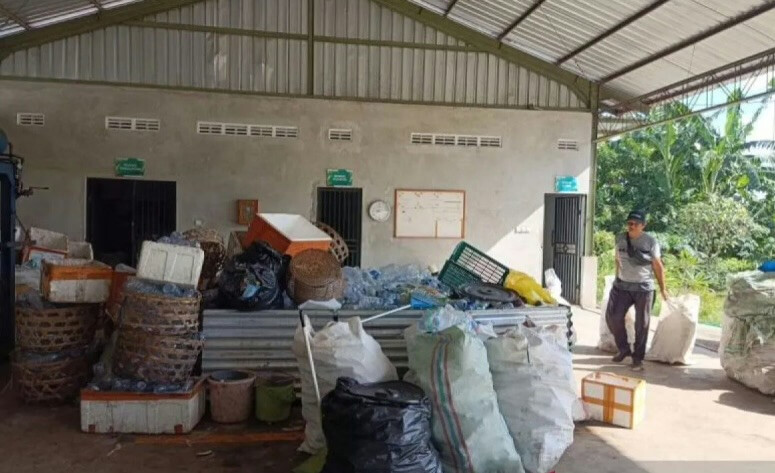
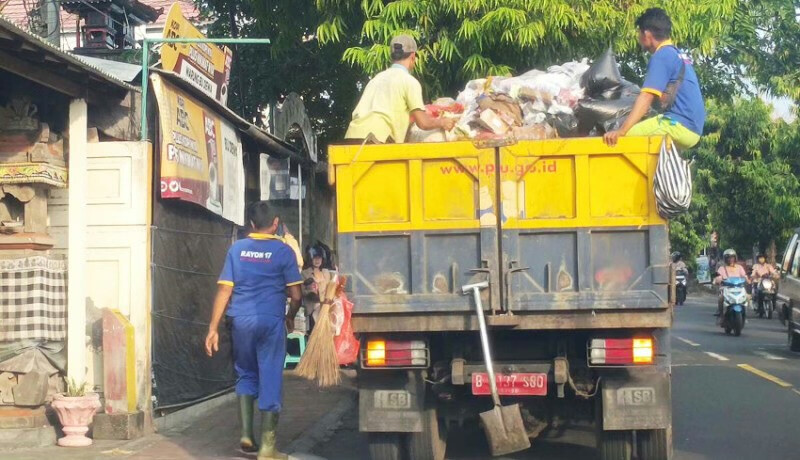
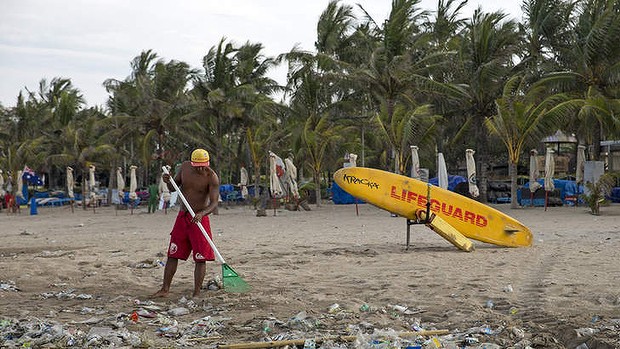
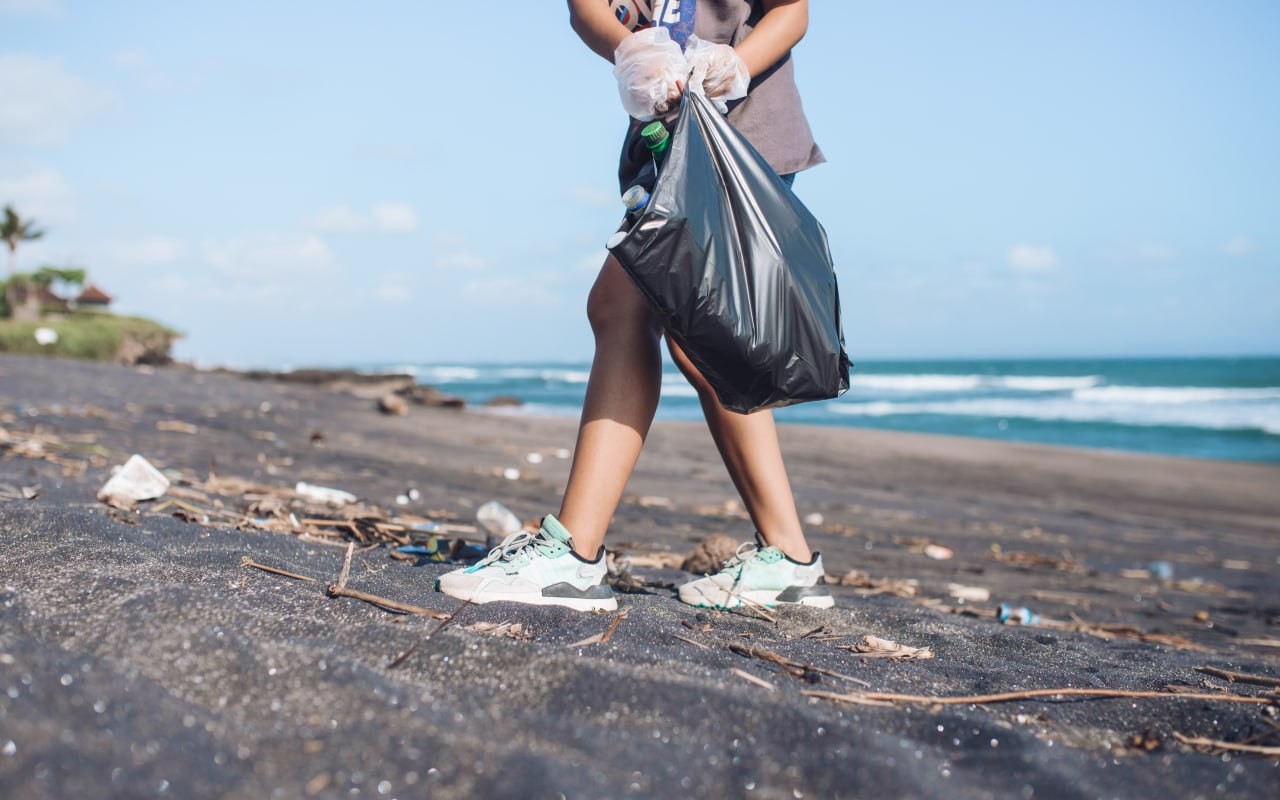
You can add one right now!